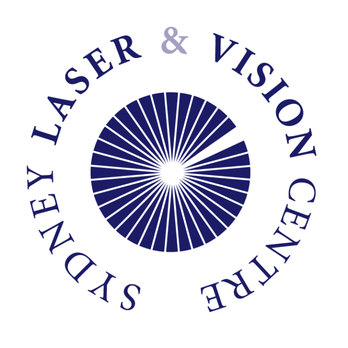Everything you ever wanted to know about macular degeneration… but were too afraid to ask
Macular degeneration… we’ve all heard the term. But what exactly does it mean and, more importantly, what exactly does it mean for you, and your eyes?
Macular degeneration (MD) occurs when the macula deteriorates, which affects your ability to see fine detail. The macula is the small central area of the retina located at the back of the eye. It’s responsible for detailed central reading, facial recognition and colour vision. MD generally affects people as they age and is commonly referred to as age-related macular degeneration (AMD). It comes in two forms:
Dry MD is the more common form accounting for 90% of the disease. It occurs when cellular debris called drusen builds up in the macula, creating blurry spots in the central visual field. In the later stages of dry MD, these blurry spots can grow and result in the loss of reading vision. Symptoms include distorted vision—for example. straight lines may appear wavy.
Wet MD (also called wet AMD) is a more damaging form of the disease. As the retina is starved of oxygen, new blood vessels grow in order to resupply oxygen to the retina. These new blood vessels are weak, which causes fluid to leak and occasionally bleeding, which in turn causes the macula to swell and leads to loss of vision. Symptoms include rapidly deteriorating vision.
Diagnosing macular degeneration
Several tests can be used to diagnose MD:
· Ocular coherence tomography (OCT): An OCT scan shows the cross-sectional layers of the retina. It’s initially performed to confirm a diagnosis of Dry and Wet AMD. OCT is used to monitor the progression of dry AMD. In Wet AMD it is used to measure how much macular swelling has occurred. OCT scans are typically undertaken before treatment and then regularly while you’re on a course of treatment injections in order to monitor your response to the injections. OCT scans are now internationally recognised as the standard of care for monitoring injection responses.
· Fundus fluorescein angiography (also known as angiogram or FFA): This test checks for bleeding or leaking under the retina. It involves retinal photography after intravenous dye administration. It is not routinely used now in wet AMD.
Treating macular degeneration
The progression of Dry AMD can be slowed by taking antioxidant/ vitamins tablets according to the AREDS (Age Related Eye Disease Study) protocol such MacuVision Plus or MacuTec.
For Wet AMD, medication can help prevent your vision from getting worse or can even improve your remaining vision.
One of the latest advancements in treating MD is Lucentis/Eylea injections. Lucentis/Eyelea is administered through an injection into the eye in the doctor’s office to treat Wet AMD. This is often touted as one of the most important advancements in the history of ophthalmology!
90% of wet macular degeneration sufferers maintain their vision in the long term because of this treatment. Lucentis and Eylea are registered by the Therapeutic Goods Administration and subsidised by the PBS for the treatment of wet AMD. They target the vascular endothelial growth factor (VEGF) protein, which promotes the growth of abnormal vessels in the retina in wet MD. Lucentis blocks VEGF, which results in reduced leaking and swelling in the retina.
Timing is everything
Early detection of AMD is critical to and maintain your existing vision and prevent progressive visual loss. If you have decreased or distorted vision, please see your Ophthalmologist immediately.
One of the most important things to remember if you are having injections into your eye to treat macular degeneration is that treatment is very time dependent. People who miss or delay appointments put themselves at a much higher risk of vision loss which is unable to be rectified. So don’t let life (or lockdowns!) get in the way of gaining the treatment you need to keep macular degeneration under control.
Want to know more about macular degeneration or find out if you are at risk? Contact Dr David Robinson Ophthalmologist at Sydney Laser and Vision Centre on 1800 25 20 20 to check your eye health.
